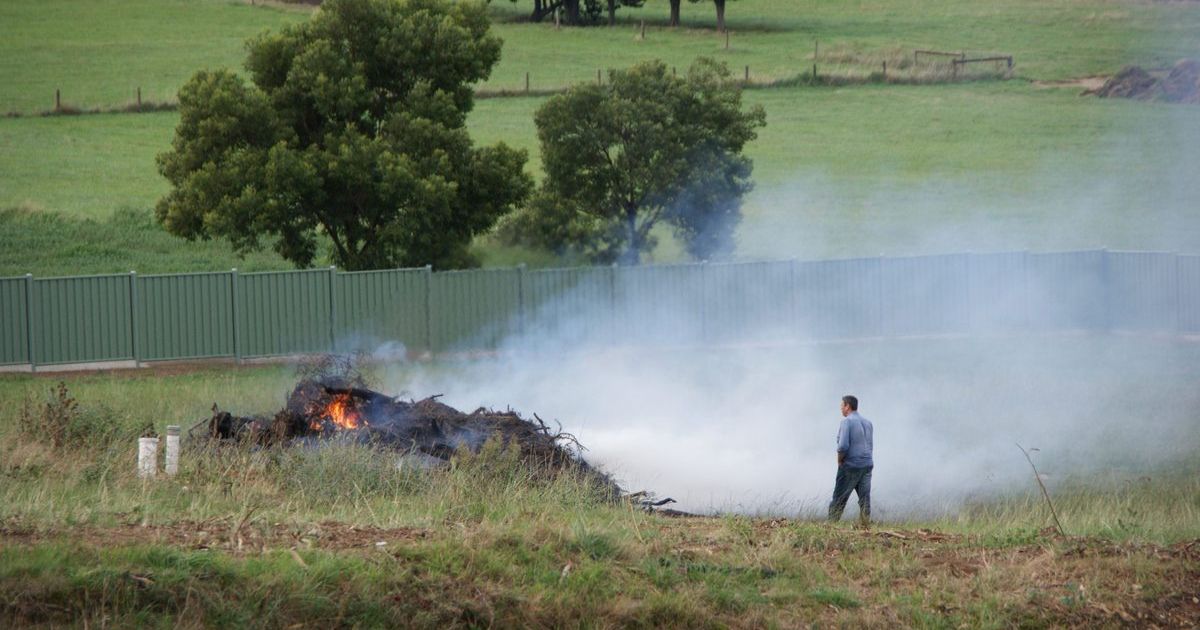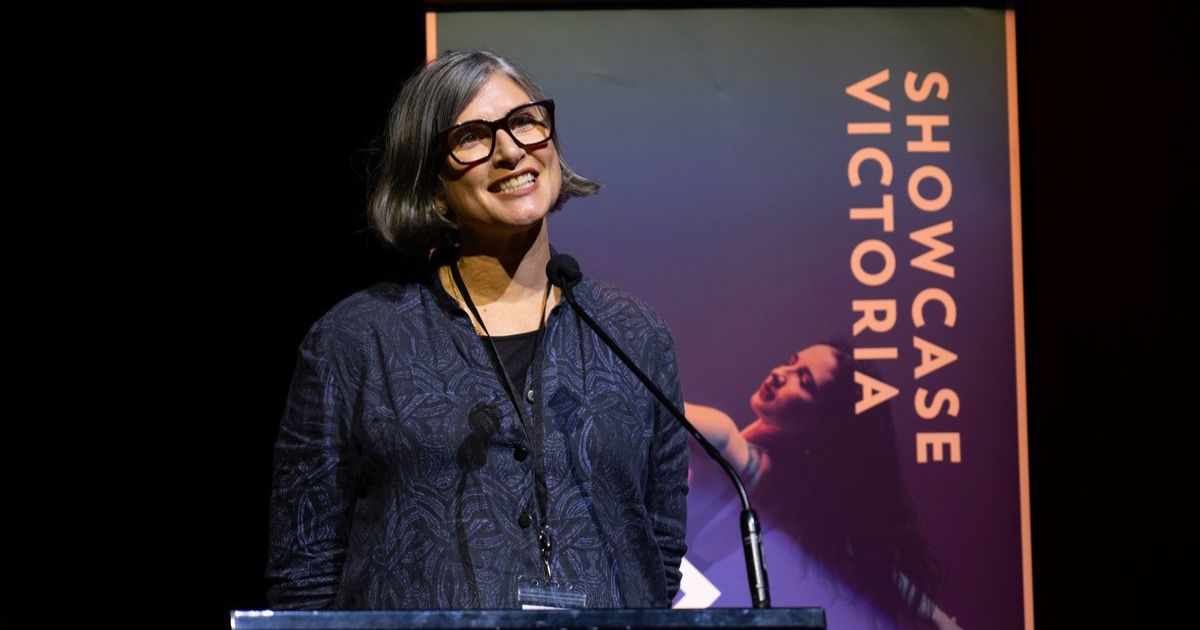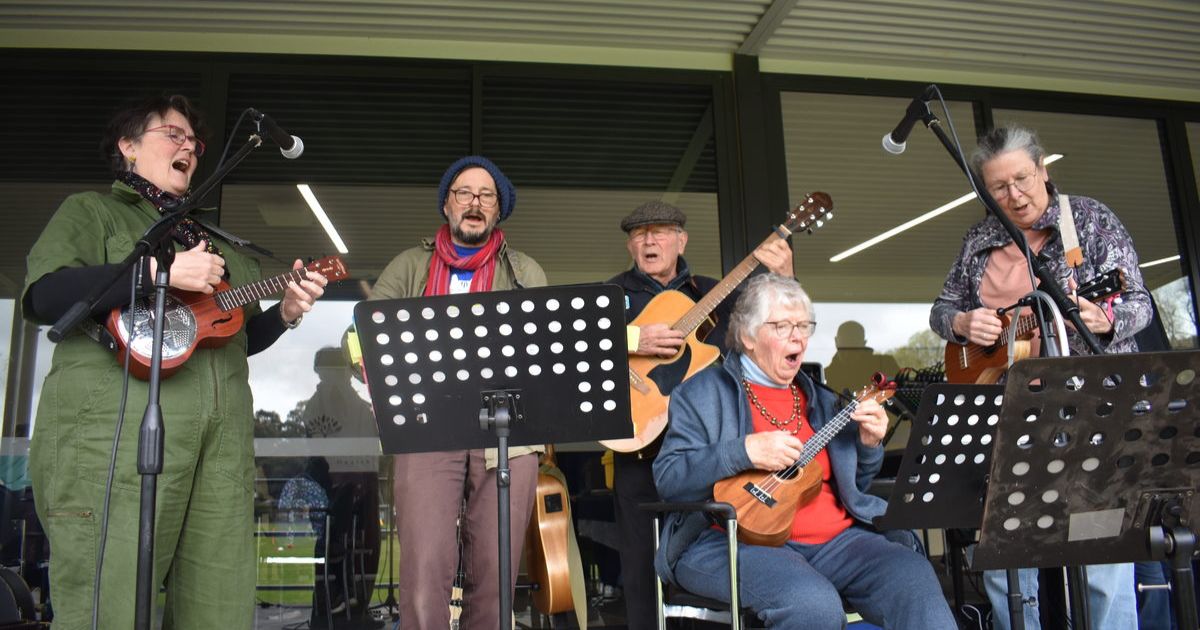Budgeting now could mean a better end to the year

Dollar dollar bills: Regional households have been doing it tough since post-pandemic demand on services drove up prices, but relief is coming. Photo: FILE
THE last two years have been tough on budgets leaving many households hanging out for relief.
With an overall 5.3 per cent rise to the cost of living in 2022 and a further two per cent rise last year, the pressure isn’t likely to ease straight away but economists predict things should be better by the end of this year.
David Robertson, chief economist at Bendigo Bank, said core inflation should fall to around three per cent by the fourth quarter.
“The good news for all households is this data, together with other recent economic data, suggests the RBA don’t need to hike interest rates any further,” he said.
Mr Robertson also said it was important to remember cost of living isn’t solely reliant on interest rates and the main driver of financial pressures on households is the cost of goods and services.
“The ideal world is one where wages growth is running around three to four per cent while inflation is around two to three per cent, leaving households with real and sustainable improvements in standards of living,” he said.
“This is quite likely by 2025, but until then having a disciplined budget will be vital, and being realistic around the timing of RBA rate cuts will also be helpful.”
To help manage rising costs for the first half of 2024, a good place for households to start could be to review their energy bills.
According to Compare the Market, 72.1 per cent of Australians could be spending more than they need to on gas and electricity due to not switching to a cheaper plan or provider.
Taking stock of what appliances are using more energy, and making small changes such as switching to an electric blanket in winter or using a fan over the air conditioner in summer can also help.
Economic director David Koch from Compare the Market said one way to lower financial stress is to get on the same page with everyone in the household.
“Unfortunately, when there’s this amount of pressure on household purse strings, arguments are a by-product of that,” he said.
“Our research shows that for Boomers in particular, everyday expenses are causing them more arguments, whether it’s with providers, people who live with them or otherwise.”
With this in mind, getting clear on household budget goals and taking time to organise available money can also help.
General advice from Bendigo Bank for regional households is to shop around for bargains, review big ticket expenses, and check whether there are opportunities to save money on home loans.
Changes like sharing streaming subscriptions with friends, eating at home instead of getting take away, and shopping around for the best petrol price are simple practices that can help curb spending.
As Compare the Market recently found, one category that continuously blows out Australians budgets is alcohol, with the average drinker spending up to $300 per month on booze.
So while a stiff drink may help take the sting off that electricity bill, cutting back on the tinnies could result in thousands saved by the end of the year.

















